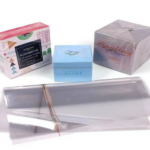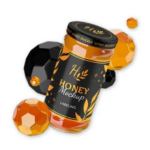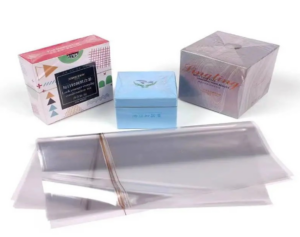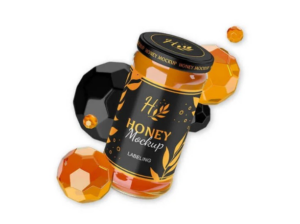The global population strains natural resources and ecosystems. Modern farming promotes sustainability. Innovative technologies are tested to boost agricultural productivity and decrease environmental impact. Cast Polypropylene (CPP) films from China CPP film manufacturers may protect crops and control soil. CPP film aids agriculture by preserving soil moisture, controlling weeds, and decreasing pesticide usage. CPP film boosts agricultural productivity, sustainability, and recyclability.
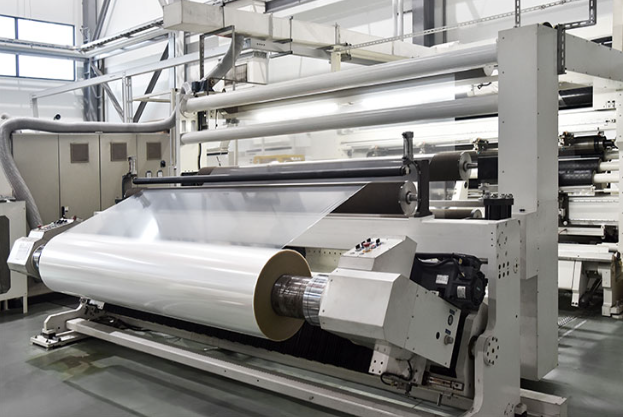
1. Understanding CPP Films:
Cast polypropylene (CPP), a thermoplastic packaging material, has agricultural applications. Flat-casting molten polypropylene makes thin, flexible, and durable CPP films. These films from China Bopp film suppliers are ideal for agriculture due to their clarity, moisture barrier, and puncture and tear resistance.
2. Soil Management using CPP Films:
a. Staying Moisture:
A significant benefit of CPP film in soil management is water retention. Using CPP sheets reduces evaporation and preserves soil moisture. Dry and semi-arid regions with water shortages benefit. Constant soil moisture boosts seed germination, root growth, and plant growth, improving agricultural production.
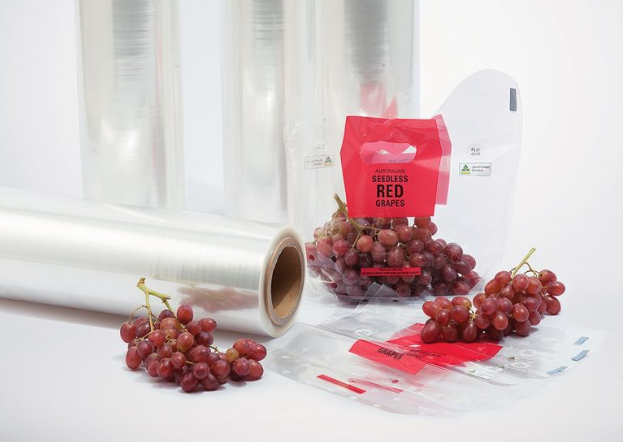
b. Herbicide
In agriculture, CPP films prevent weeds. CPP films block sunlight and weed seed growth when properly installed and attached. This reduces pesticide consumption, improving organic farming and lowering pollution. Controlling weeds preserves crop nutrients and Moisture.
c. Temperature Control:
Insulating CPP coatings regulate soil temperature. CPP film retains solar heat in cold weather, creating a microclimate that boosts seedling emergence and plant growth. CPP coatings reflect solar radiation to cool soil and prevent crop heat stress in hot locations. CPP film’s temperature-regulating properties improve weatherproofing and agriculture.
3: CPP Film Crop Protection
a. Pest control
CPP film reduces weeds and insects. Whether applied directly to the soil or as mulch, CPP film prevents crawling insects from accessing plant roots and stems, reducing pest damage and infestation. This pest control method lowers chemical pesticide usage, which harms wildlife and ecosystems. CPP film-based IPM systems protect biodiversity and support crops.
b. Disease Prevention Measures:
CPP coatings minimize soil-borne diseases by reducing soil splashing during rainfall or irrigation over plants. CPP coatings prevent soil pathogens from reaching crop leaves, decreasing disease spread. CPP coatings prevent soil particles from clinging to plant surfaces, reducing fungal and bacterial infestation. CPP film prevents infections, boosts crop health and yield, and promotes sustainable agriculture.
4: Ecological Sustainability
a. Reduced Chemical Input:
Reduced CPP film improves soil management and crop protection using herbicides, insecticides, and fungicides. CPP film’s synthetic pesticide reduction reduces chemical exposure and environmental contamination. This promotes natural solutions and ecosystem health via agroecology and organic farming. The CPP movies propose a sustainable agricultural system that is profitable and environmentally friendly.
b. Soil The Health and Biodiversity:
Agriculture using CPP films promotes soil health and biodiversity by encouraging beneficial bacteria and microorganisms. By conserving soil moisture and restricting weed growth, CPP film supplies beneficial microorganisms that cycle nutrients and promote soil fertility. Reduced pesticide usage protects pollinating insects, birds, and other pest-controlling species. CPP films promote healthy soils and diverse ecosystems, boosting environmental resilience and agricultural sustainability.
The recyclable nature of CPP films:
Recently, corporations have emphasized sustainability and environmental responsibility. CPP films have been criticized for their environmental impact, especially waste generation and disposal. Therefore, CPP film recyclability and circular economy potential have received interest.
Composition, recycling methods, market demand for recovered goods, and recycling hurdles affect CPP film recyclability.
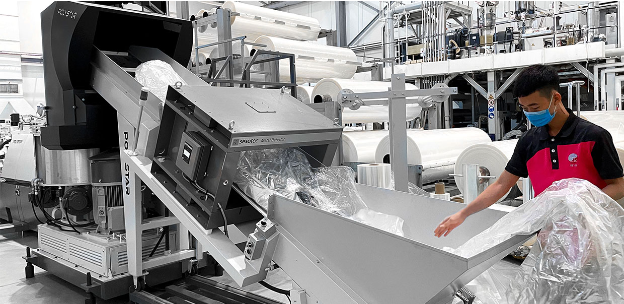
Composition of CPP Film:
CPP films include petroleum-based polypropylene. Melting and reusing polypropylene does not degrade it. Slip agents, anti-block agents, and stabilizers may affect CPP film recycling.
How to recycle CPP films:
Recycle CPP film by collecting, sorting, cleaning, shredding, melting, and pelletizing. Impurities, material quality, and recycled polypropylene demand affect CPP film recycling.
Recycling centers, waste management facilities, and consumer recycling programs sort CPP film. Recycling purity is achieved by sorting films by material composition, color, and thickness.
We wash and clean CPP film to remove dirt, oil, and product residues. Maintaining recycled material quality and preventing contamination demands hygiene.
Slicing cleaned CPP film maximizes melting and surface area. For processing, shredding eliminates contaminants and homogenizes material.
Shredded CPP film flakes are melted and die-extruded into pellets or granules. The pellets may be used to create CPP film and other polypropylene products.
Challenges of CPP Film Recycling:
Recycling CPP films has several barriers to implementation despite its benefits.
Inks, adhesives, and food remnants may degrade recycled CPP films, restricting their usability. Preventing contamination during collection, sorting, and processing requires quality control.
Practical and cost-effective CPP film recycling requires enough infrastructure and technology. Logistics and recycling costs may rise in areas with little recycling infrastructure and technology investment.
CPP film recycling costs depend on virgin polypropylene pricing, demand for recycled materials, and government incentives or limits. Recycling operations and investment decisions depend on market changes.
Consumer behavior significantly affects CPP film recycling. Waste management and recycling depend on consumer garbage disposal and recycling. Recycling may be slowed by ignorance about recycling rules and convenience.
In summary
Sustainable agriculture may benefit from CPP films for soil management and crop protection. CPP film’s moisture retention, weed suppression, and insect control help farmers enhance agricultural yield and decrease environmental impact. CPP film helps farmers save water, reduce chemical inputs, and improve soil health for more sustainable agriculture. Improve recycling infrastructure, technology, and consumer education to tackle CPP film recycling issues. Recyclers, policymakers, and consumers must work together to reduce the environmental impact of packaging materials like CPP films. Global food demand is rising. Thus, CPP films in agricultural systems may assist in assuring food security and sustainability.

